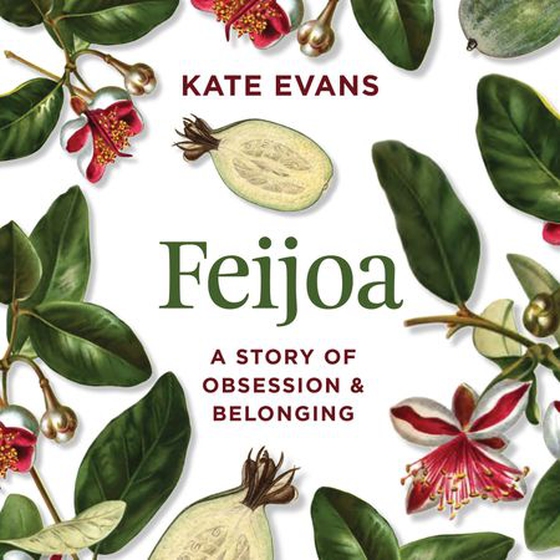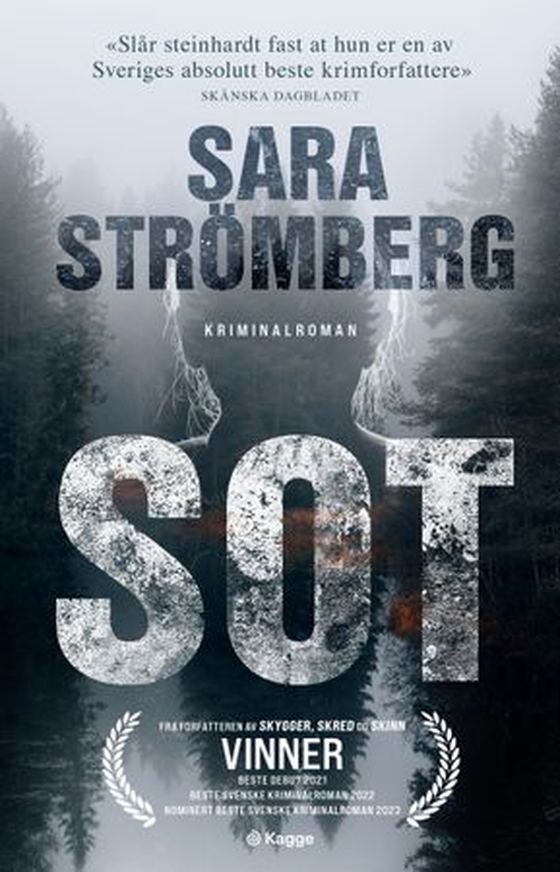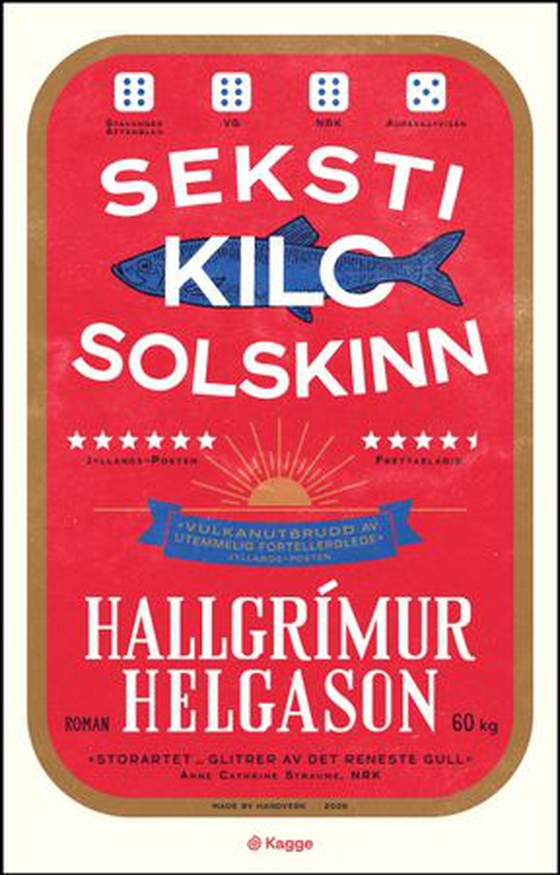
Feijoa lydbok
245,-
'Read this book - the micro-history you didn't know you needed, even if you don't like feijoa!' Liv Sisson, author of FungiInspired by a personal obsession with this singular exotic fruit, Feijoa is a sweeping, global tale about the dance between people and plants - how we need each other, how we change each other, and the surprising ways certain species make their way into our imaginations, our …
'Read this book - the micro-history you didn't know you needed, even if you don't like feijoa!' Liv Sisson, author of FungiInspired by a personal obsession with this singular exotic fruit, Feijoa is a sweeping, global tale about the dance between people and plants - how we need each other, how we change each other, and the surprising ways certain species make their way into our imaginations, our stomachs, and our hearts.The feijoa comes from the highlands of Southern Brazil and the valleys of Uruguay, where it was woven into indigenous and Afro-Brazilian cultures. It was scientifically named in Berlin, acclimatised on the French Riviera, and failed to make its fortune in California. Today, it is celebrated by one small town in the Colombian Andes, and has become an icon of community and nationhood in New Zealand.Of the world's roughly 30,000 edible plant species, only around 150 are now cultivated for human consumption. Most of those were domesticated hundreds or thousands of years ago, but feijoas are among only a handful of plants that have made this journey from the wild to the orchard in the last few generations, providing a rare opportunity to watch, up close, the myriad ways plants seduce us.Feijoa is a book about connection. Between people and plants, between individuals, between cultures, across disciplines - it celebrates the ways our lives and loves intersect in surprising ways.
Lydbok
245,-
Undertittel
A story of obsession and belonging
Forlag
Moa Press
Utgitt
26.03.2025
Lengde
8:7
Sjanger
Dokumentar og fakta, Politikk og samfunn
Språk
English
Format
mp3
DRM-beskyttelse
App-only
ISBN
9781869718480
'Read this book - the micro-history you didn't know you needed, even if you don't like feijoa!' Liv Sisson, author of Fungi
Inspired by a personal obsession with this singular exotic fruit, Feijoa is a sweeping, global tale about the dance between people and plants - how we need each other, how we change each other, and the surprising ways certain species make their way into our imaginations, our stomachs, and our hearts.
The feijoa comes from the highlands of Southern Brazil and the valleys of Uruguay, where it was woven into indigenous and Afro-Brazilian cultures. It was scientifically named in Berlin, acclimatised on the French Riviera, and failed to make its fortune in California. Today, it is celebrated by one small town in the Colombian Andes, and has become an icon of community and nationhood in New Zealand.
Of the world's roughly 30,000 edible plant species, only around 150 are now cultivated for human consumption. Most of those were domesticated hundreds or thousands of years ago, but feijoas are among only a handful of plants that have made this journey from the wild to the orchard in the last few generations, providing a rare opportunity to watch, up close, the myriad ways plants seduce us.
Feijoa is a book about connection. Between people and plants, between individuals, between cultures, across disciplines - it celebrates the ways our lives and loves intersect in surprising ways.
Inspired by a personal obsession with this singular exotic fruit, Feijoa is a sweeping, global tale about the dance between people and plants - how we need each other, how we change each other, and the surprising ways certain species make their way into our imaginations, our stomachs, and our hearts.
The feijoa comes from the highlands of Southern Brazil and the valleys of Uruguay, where it was woven into indigenous and Afro-Brazilian cultures. It was scientifically named in Berlin, acclimatised on the French Riviera, and failed to make its fortune in California. Today, it is celebrated by one small town in the Colombian Andes, and has become an icon of community and nationhood in New Zealand.
Of the world's roughly 30,000 edible plant species, only around 150 are now cultivated for human consumption. Most of those were domesticated hundreds or thousands of years ago, but feijoas are among only a handful of plants that have made this journey from the wild to the orchard in the last few generations, providing a rare opportunity to watch, up close, the myriad ways plants seduce us.
Feijoa is a book about connection. Between people and plants, between individuals, between cultures, across disciplines - it celebrates the ways our lives and loves intersect in surprising ways.
Ingen anmeldelser ennå








